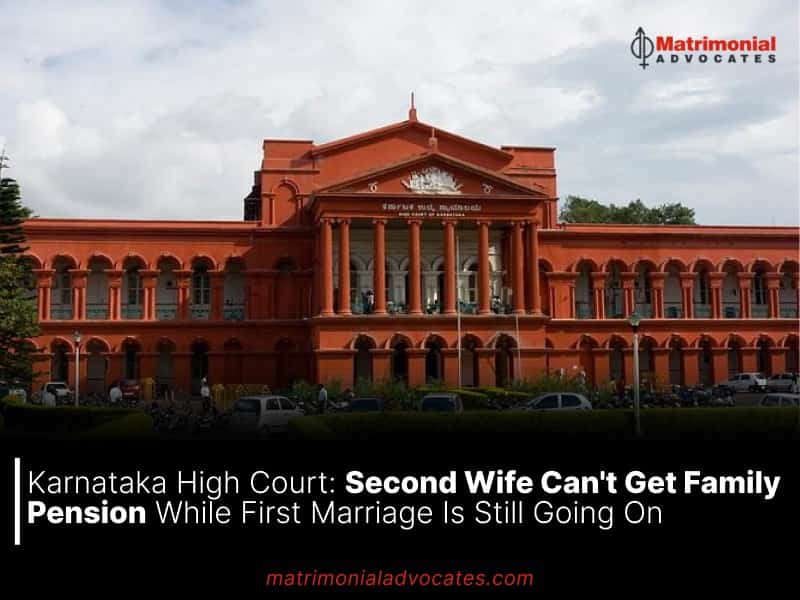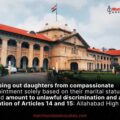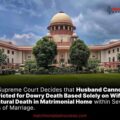
The appeal filed by the second wife of a deceased state employee, seeking entitlement to family pension subsequent to her husband’s demise, was declined by the Karnataka High Court.
In dismissing her appeal upon noting that the deceased employee’s first marriage was still subsisting when he married her, a division bench of Chief Justice Prasanna B Varale and Justice Krishna S Dixit said, “Family Pension is payable to the “wife”, and not to those whose marriage is ‘no marriage’ in the eye of law, the limited status of legitimacy of children begotten therefrom, by virtue of Sec.16 1955 Act, notwithstanding.”
Subsequent to the dismissal of her petition by a sole judicial authority, the appellant pursued legal recourse. Her petition sought the annulment of a communication issued by the Department of Rural Development and Panchayat Raj, which disapproved her solicitation for the sanctioning of Family Pension and associated arrears. The grounds for denial were predicated on her matrimonial alliance with the deceased employee, Nanjundaiah, during the subsistence of his antecedent marital union.
The appellant contended that, notwithstanding her status as the second spouse, she possessed legal entitlement to the Family Pension. Consequently, she posited that the impugned order was legally infirm in this regard.
Upon hearing the arguments, the bench refused to interfere with the order of the single bench since the appellant was not the legally wedded wife for the purpose of grant of Family Pension. It held:
“It hardly needs to be stated that amongst Hindus monogamy is not only ideal but a legal prescription and therefore marriage contracted when the first wife is alive, cannot be taken cognizance of by law, subject to all just exceptions into which the argued case of the appellant does not fit. Recognizing such relations arising from second marriage during the subsistence of first one is detrimental to public interest inasmuch as that would facilitate directly or indirectly the employees contracting the second marriage, which is legally impermissible.”
The judicial panel emphasized the legal prohibition of bigamy as articulated in section 17 of the Hindu Marriage Act, 1955. It clarified that Rule 294 of the Karnataka Civil Services Rules, which governs the distribution of Family Pension after the death or retirement of a government servant, defines ‘family’ to include specific relatives, with the primary emphasis on the legally recognized wife.
As a result, the court asserted that the allocation of Family Pension is legally restricted to the lawfully wedded first wife of the deceased employee, excluding recognition for unions lacking legal validity. Considering these legal principles, the appeal was deemed lacking in merit and subsequently dismissed.





